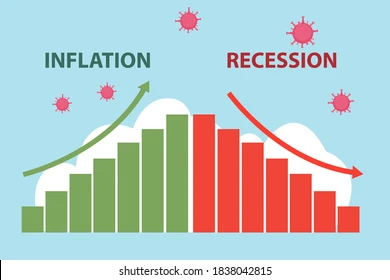
Director-General of the Manufacturers Association of Nigeria (MAN), Segun Ajayi-Kadir, said the current inflationary trend is adversely affecting the operations of the manufacturing sector.
Ajayi-Kadir pointed out that elevated inflation served as a significant sign of underlying macroeconomic weaknesses the authority has neglected.
“It is important to note that addressing inflation is a complex and long-term endeavor that requires a coordinated effort from various stakeholders, including the government, central bank, private sector, and civil society,” he said.
He added: “It appears evident that the continuing inflationary pressure experienced in the country is attributable to the fallout of recent government policy and measures, including removal of fuel subsidy and the unification of exchange rates. Additionally, concerns about increasing energy costs and widespread insecurity in food-producing regions are exacerbating the inflationary pressures.
“Furthermore, the ongoing rise in inflation erodes savings and incomes, prompting the CBN to raise the country’s benchmark interest rate to its highest level in nearly twenty years. The CBN increased the monetary policy rate in July.
The apex bank’s effort was aimed at arresting the soaring inflation and defending the naira which has continued to drop in value both at the official and parallel markets. The increase of MPR by 25 basis points in July brought the interest rate to 18.75 per cent. Within one year, the central bank has raised the Monetary Policy Rate (MPR) by 750 basis points from its April 2022 level of 11.5 per cent.”
The increase, he revealed, has led to a rise in the cost of production, higher costs of raw materials, labour, and other production inputs, and reduced profit margin leaving manufacturers to pass on higher costs to consumers in the form of higher prices.






